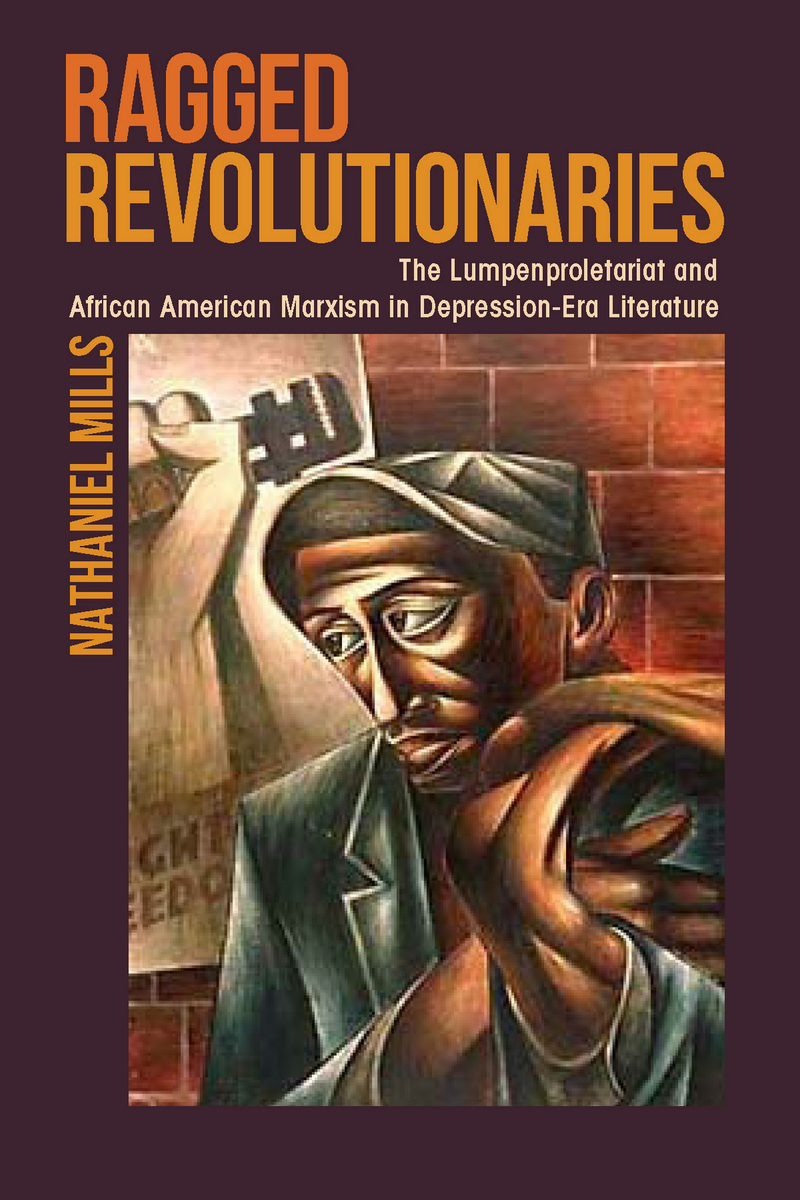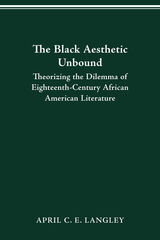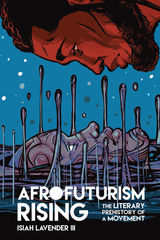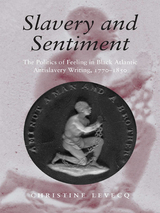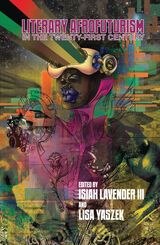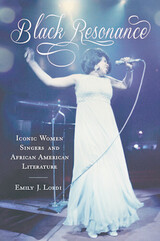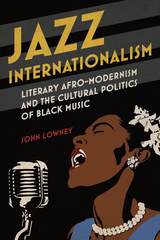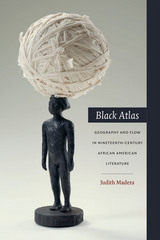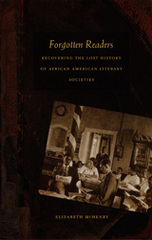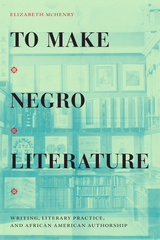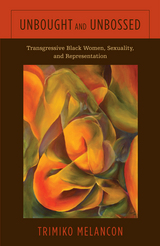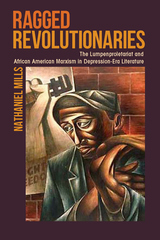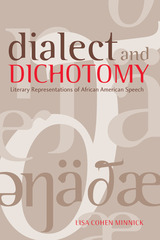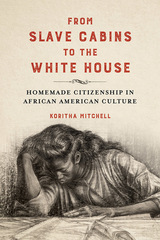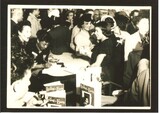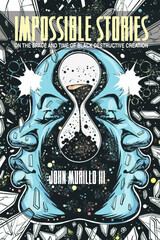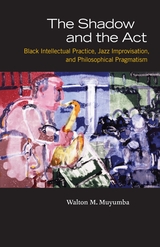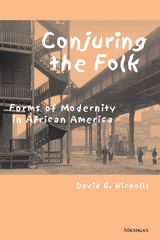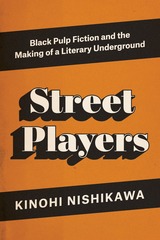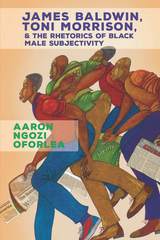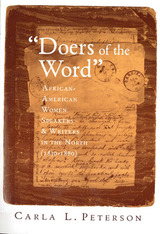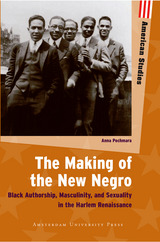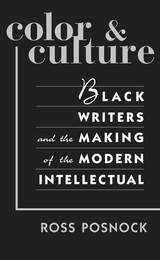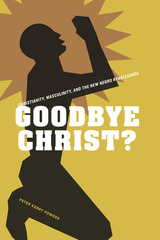Ragged Revolutionaries: The Lumpenproletariat and African American Marxism in Depression-Era Literature
University of Massachusetts Press, 2017
eISBN: 978-1-61376-513-5 | Paper: 978-1-62534-279-9
Library of Congress Classification PS153.N5M557 2017
Dewey Decimal Classification 810.9896073
eISBN: 978-1-61376-513-5 | Paper: 978-1-62534-279-9
Library of Congress Classification PS153.N5M557 2017
Dewey Decimal Classification 810.9896073
ABOUT THIS BOOK | AUTHOR BIOGRAPHY | REVIEWS
ABOUT THIS BOOK
In Marxism, the concept of the lumpenproletariat refers to the masses in rags, outsiders on the edge of society, drifters and criminals, of little or no use politically. But in Ragged Revolutionaries, Nathaniel Mills argues that the lumpenproletariat was central to an overlooked yet vibrant mode of African American Marxism formulated during the Great Depression by black writers on the Communist left.
By analyzing multiple published and unpublished works from the period, Mills shows how Richard Wright, Ralph Ellison, and Margaret Walker used the lumpenproletariat to imagine new forms of revolutionary knowledge and agency. In their writings, hobos riding the rails, criminals hustling to make ends meet, heroic black folk-outlaws, and individuals who fall out of the proletariat into the social margins all furnish material for thinking through resistance to the exploitations of capitalism, patriarchy, and Jim Crow. Ragged Revolutionaries introduces the lumpenproletariat into literary study, offers a new account of the place of Marxism in African American literature and politics, and clarifies the political and aesthetic commitments of three major modern black writers.
By analyzing multiple published and unpublished works from the period, Mills shows how Richard Wright, Ralph Ellison, and Margaret Walker used the lumpenproletariat to imagine new forms of revolutionary knowledge and agency. In their writings, hobos riding the rails, criminals hustling to make ends meet, heroic black folk-outlaws, and individuals who fall out of the proletariat into the social margins all furnish material for thinking through resistance to the exploitations of capitalism, patriarchy, and Jim Crow. Ragged Revolutionaries introduces the lumpenproletariat into literary study, offers a new account of the place of Marxism in African American literature and politics, and clarifies the political and aesthetic commitments of three major modern black writers.
See other books on: African American & Black | African American authors | Communism and literature | Lumpenproletariat | Socialism and literature
See other titles from University of Massachusetts Press
